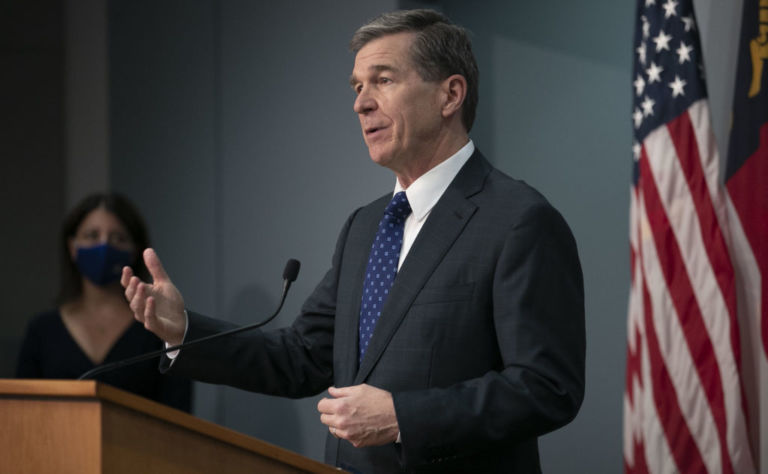The Coronavirus is a serious public health issue, but it is also a serious financial affair. As more states declare a “state of emergency” and the governments flood their treasuries with emergency mitigation funds, this has quickly become a multibillion-dollar affair. JLF’s Joe Coletti broke down some of the numbers in his most recent research brief. Coletti writes:
For [North Carolina’s] Public Health Preparedness and Response, the budget is $2.2 million in state funds and $8.3 million in federal funds, according to the Office of State Budget and Management’s Open Budget website. The total $10.5 million budget is intended to “ensure a coordinated federal, tribal, state, regional and local response to public health emergencies.” Those amounts are significantly higher than five years ago.
On top of those figures, the state can expect millions of dollars in new federal funds to address the state of emergency. Coletti states:
North Carolina will also receive at least $13.8 million from the $8.30 billion in new federal funding signed into law on March 6.
The stock market has taken a turn in reaction to the virus, but, luckily, the state pension plan has recently become better poised to weather those potential risks. Coletti explains:
Closer to home, State Treasurer Dale Folwell says that the state’s government employee pension plans are well-positioned for the economic challenge as they have taken a more conservative investment approach than in the past. No one has yet estimated the effect on state revenues, but we should expect that income and sales tax collections will slow as events get canceled and businesses cut back.
Colletti explains there is no way to know how much Coronavirus will cost Americans:
As with every other aspect of life, it is too early to know the full impact of COVID-19 on state finances. Caution and restraint are good ideas, however, and that is a potential benefit of having a budget this year that spends $2.4 billion less than is expected to be available.
Read the full brief here. Learn how North Carolina’s outdated Certificate-of-Need (CON) laws could slow its response to Coronavirus here.


